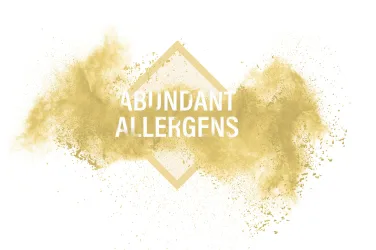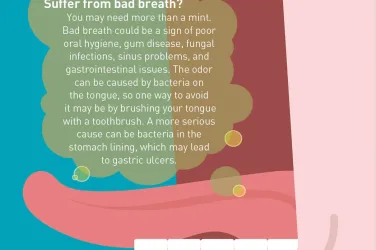 No matter their age, from infant to college kid—your baby is still your baby! It’s important to stay aware of some of the most common health concerns as your kids grow. Read on for some input from Dr. Juliet Breeze, founder of Next Level Urgent Care.
No matter their age, from infant to college kid—your baby is still your baby! It’s important to stay aware of some of the most common health concerns as your kids grow. Read on for some input from Dr. Juliet Breeze, founder of Next Level Urgent Care.
Babies
You may not hear about it as much as the flu, but RSV (Respiratory Syncytial Virus) is even more common than the flu and appears to be increasing in frequency. Parents should be on the look-out for fever, runny nose, cough, and especially wheezing in their babies. RSV is the most common cause of pneumonia in children, and can be diagnosed by a rapid test in the office.
Toddlers
One of the most common illnesses we see in the toddler age group is ear infections. Most parents are all too familiar with the signs: cranky mood, low grade fever and tugging at the ear. One or two ear infections in a year is considered to be fairly normal in this age group. Depending on your toddler’s age, a doctor might recommend antibiotics or a wait-and-see approach for a few days. This approach is becoming more common in an attempt to avoid future antibiotic resistance in your child.
Elementary Age
Two conditions that show up regularly in this age group are fifth disease and hand-foot-mouth disease. Both of these are viruses and spread easily in elementary school. The hallmark of fifth disease is the “slapped cheek” rash that often follows a few days of cold-like symptoms. It usually resolves on its own in 7 to 10 days. Hand-foot-mouth disease is easy to spot because of the blisters that appear… guess where! The best prevention here is to help your child learn to wash their hands after using the bathroom, before eating, and of course after coughing or sneezing into them.
Tweens and Teens
Parents might not want to hear about this one, but mononucleosis, also known as “the kissing disease,” is a very common viral infection at this age range. You should suspect mono if your teen has prolonged symptoms of fatigue, a high fever, sore throat, swollen glands, joint aches, and belly tenderness. Doctors can diagnose this illness with a rapid test in the office. The most important treatment is lots of rest and fluids. Although sometimes difficult to enforce, teens with mono should avoid strenuous activities—and of course, kissing!
College Age Students
Between increased levels of stress, lack of sleep, and poor diet, college students don’t always have the greatest immune systems. Combine that with close living quarters and you have the perfect set up for transmission of colds, flu, and GI viruses. The other common health problems we tend to see in this age group are sexually transmitted diseases. STD treatment is extremely important as it can affect fertility in the future if untreated. Parents can prepare their young adults for a healthy college experience by having frank discussions about sexual health and disease prevention, as well as general health concepts like proper diet and exercise.










